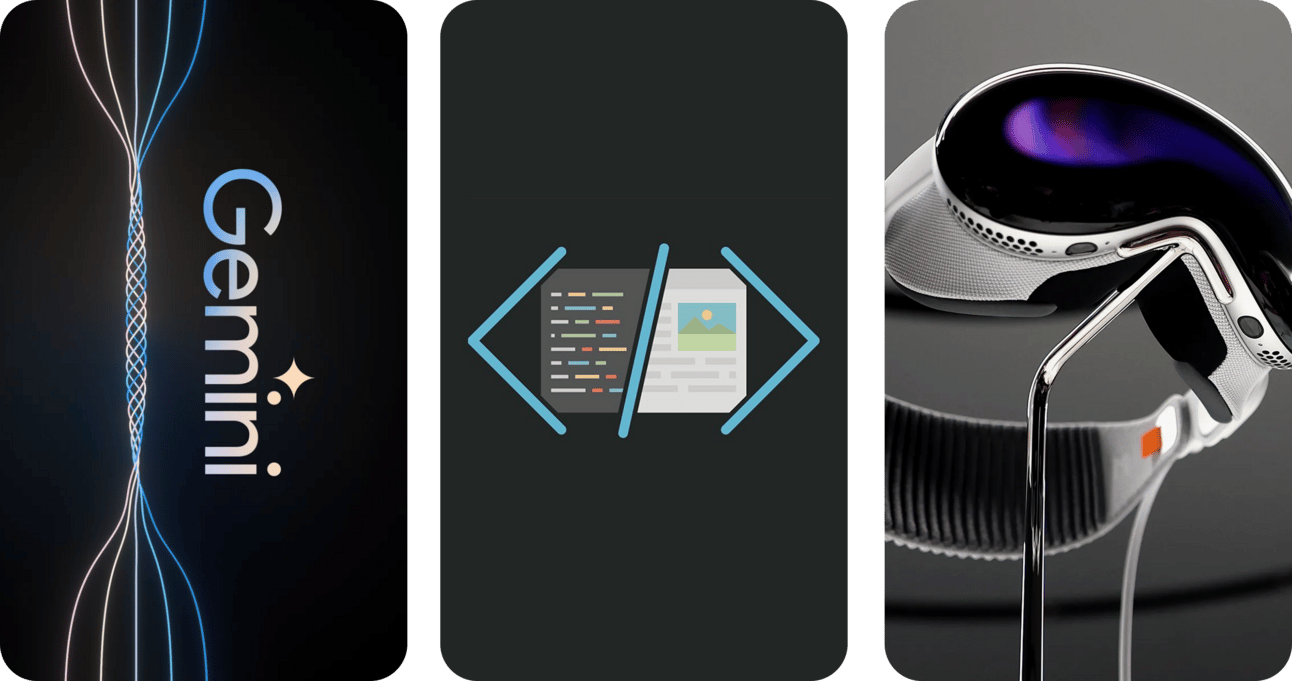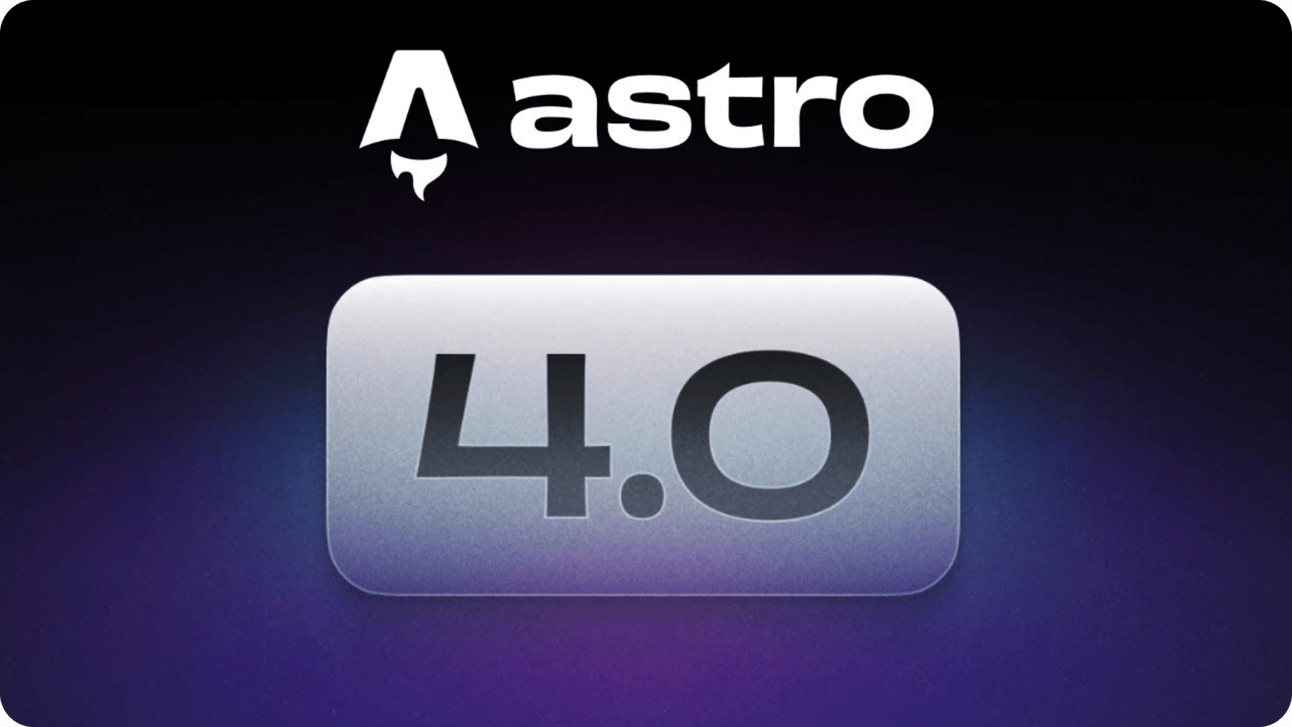- Dev Notes
- Posts
- Google's AI Video was FAKED
Google's AI Video was FAKED


Good Morning! Google is facing backlash after admitting it faked demonstrations of its new Gemini AI system in a viral video that has now been revealed to be fabricated instead of showing the system's actual capabilities. The Frontend Rewind 2023 series has been highlighting key web development trends like performance optimization, accessibility, headless CMS platforms, design systems, and low-code platforms as well as popular frameworks like React, Vue.js, TypeScript, Tailwind CSS and Bootstrap. Apple has begun intensive two-day training for retail employees across the U.S. to prepare them for the preorder and launch phases of the company's upcoming Vision Pro AR/VR headset expected to be released in early 2024.
Google's AI Video was FAKED

Image: NeetCodeIO
Google is facing backlash after admitting it faked demonstrations of its new Gemini AI system. Earlier this week, Google unveiled Gemini in a glitzy virtual event and posted an impressive 6-minute video showing the AI interacting with voice commands, sketches, and physical objects. The video quickly went viral, racking up over 1 million views in a day.
However, it has now come to light that the slick demo wasn't real - Google generated it by prompting Gemini with individual still frames instead of live video. The actual capabilities of the system lag far behind what was depicted. Google did include a brief disclaimer that "latency has been reduced," but failed to clearly state that the entire video was fabricated.
The deception has undermined trust in Google's claims about Gemini's abilities. It also echoes an incident earlier this year when the company demoed another AI chatbot using cherrypicked responses, which employees internally protested as "rushed" and "botched."
With Microsoft charging ahead with its integration of ChatGPT into Bing search, Google is desperate to show that it's still an AI leader. But faking demos while its rival openly releases products could seriously backfire. Microsoft is now allowing regular people to try ChatGPT for themselves on Bing. If Google wants to win back public confidence, it needs to do the same with Gemini (right now you can try Gemini Pro in Bard).
Read More Here
Frontend Rewind 2023: Catching Up on the Latest Trends

The Frontend Rewind 2023 series has been wrapping up the year's most impactful trends and highlights in web development. If you've missed out on any of the first eleven days, here's a quick recap:
Key Takeaways:
Performance optimization remains a top priority: Developers are focusing on building fast and lightweight web experiences. Tools like WebAssembly and WebGPU are gaining traction for their ability to deliver high performance without sacrificing features.
Accessibility is taking center stage: With inclusivity becoming increasingly important, developers are prioritizing building websites and applications that are accessible to everyone. Tools like Lighthouse and WAVE are helping to identify and address accessibility concerns.
The rise of headless CMS: Headless CMS platforms are decoupling the content creation process from the front-end presentation, giving developers more flexibility and control over the user experience.
The growing importance of design systems: Design systems are providing teams with a consistent set of reusable components and patterns, leading to faster development and a more cohesive user experience.
The emergence of low-code and no-code platforms: These platforms are making it easier for people with no coding experience to build simple websites and applications, democratizing web development.
In addition to these broader trends, Frontend Rewind has also explored specific technologies and frameworks:
React remains the dominant JavaScript framework, but alternatives like Vue.js and Svelte are gaining popularity.
TypeScript is becoming increasingly popular for its ability to add static typing to JavaScript, leading to more predictable and maintainable code.
CSS frameworks like Tailwind CSS and Bootstrap continue to be widely used for their ease of use and flexibility.
Read More Here
Apple Gears Up for Vision Pro Launch with Retail Staff Training

Apple is taking its next big step towards the launch of its highly anticipated Vision Pro AR/VR headset. As reported by Bloomberg, the company has begun scheduling two-day training sessions for retail employees across the United States. This training program, set to begin in mid-January, aims to prepare staff for the pre-order and launch phases of Vision Pro.
Selected employees from each store will be flown to Cupertino, California, for the intensive training program.Upon returning, they will become trainers themselves, responsible for educating their colleagues about the device's features, setup process, and potential customer inquiries.
With the training program underway and equipment reaching stores, it appears the Vision Pro launch is drawing closer. While an official launch date hasn't been announced, experts predict it will arrive sometime in early 2024.
Here's what we know so far about the Vision Pro:
Advanced AR/VR experience: Combining augmented reality and virtual reality capabilities, the headset promises immersive experiences for gaming, entertainment, and productivity.
Complex setup: The Vision Pro requires a personalized fit for optimal user experience, making the setup process crucial. Apple is investing heavily in training staff to ensure a smooth and successful launch.
Read More Here
Astro 4.0: A Major Update for the Popular Web Framework

Astro 4.0, the latest version of the popular web framework, has been released. This major update includes several new features and improvements, such as:
Incremental Content Caching: This is an experimental new feature that can dramatically speed up build performance for large websites.
Internationalization (i18n) Routing: This makes it easier to build globally accessible websites with less complexity.
Support for Vite 5: Vite is a popular build tool that can be used with Astro. The latest version of Vite, Vite 5, is now supported by Astro 4.0.
Improved Developer Experience: Astro 4.0 includes a number of improvements to the developer experience, such as a new developer toolbar and new view transition options.
Here are some of the benefits of using Astro 4.0:
Faster build times: Incremental Content Caching can significantly reduce build times for large websites.
Easier internationalization: i18n Routing makes it easier to build websites that are accessible to people from all over the world.
Improved performance: Astro 4.0 uses the latest version of Vite, which can improve the performance of your website.
Better developer experience: Astro 4.0 includes a number of improvements that make it easier to develop with Astro.
Here are some resources to help you get started:
Youtube Spotlight
The Making of VIM: The Most Beloved Text Editor of All Time
Vim, originally created in 1988 as a VI port for the Amiga computer, has evolved into one of the most beloved and popular text editors worldwide. Its development includes a rich history from the creation of the Ed text editor in 1969, the evolution of VI, and the introduction of Stevie in 1987. Through open-source principles and community-driven enhancement, Vim has become more than just a text editor, but an ecosystem with a unique approach to coding, captivating programmers from around the world.

Was this forwarded to you? Sign Up Here
